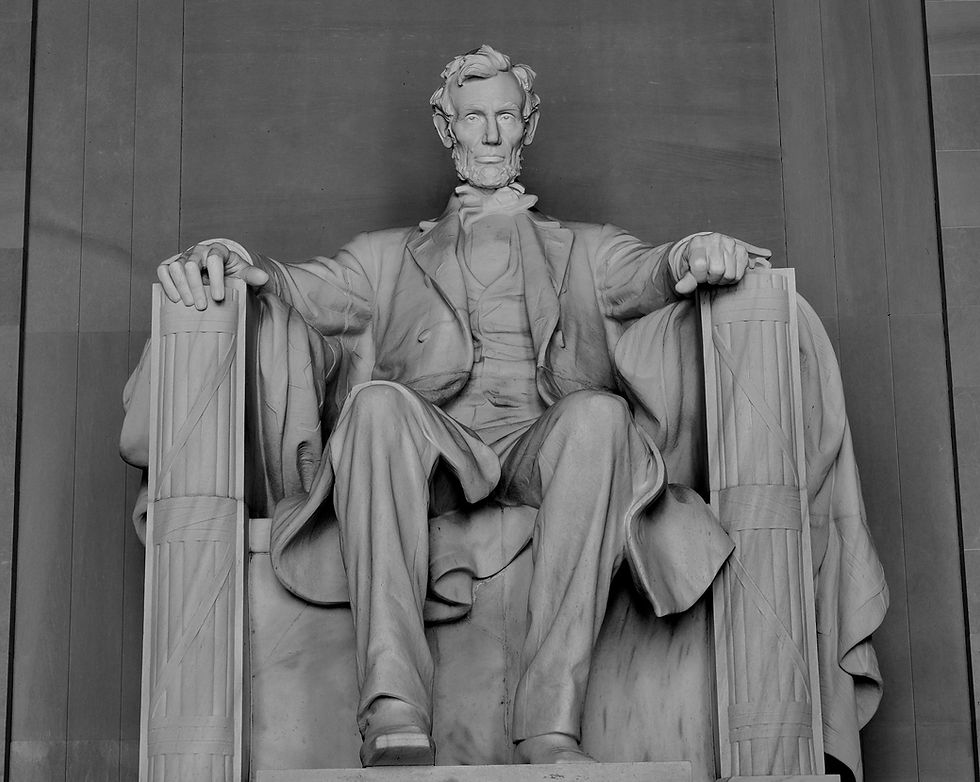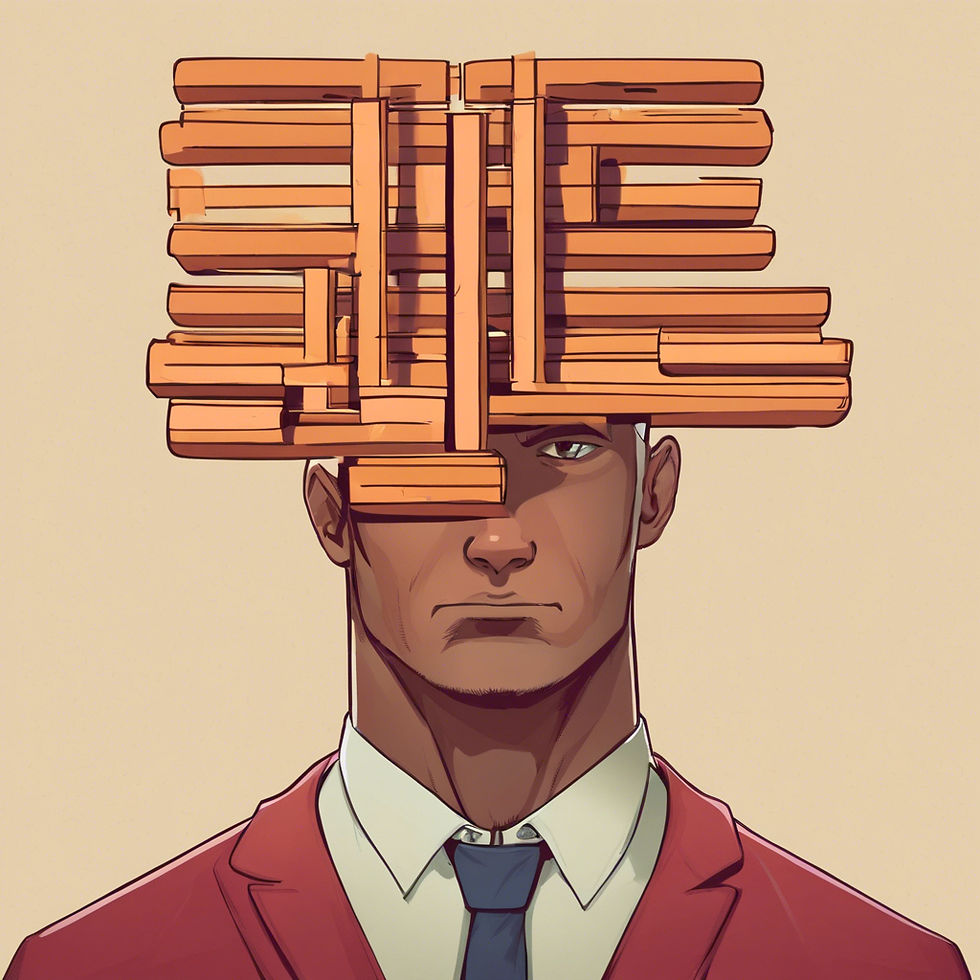Quote 24: “Nearly all men can stand adversity, but if you want to test a man's character, give him power.” – Abraham Lincoln
- Dr. ARUN V J

- May 2, 2025
- 3 min read
Abraham Lincoln – A Man Who Knew Adversity and Power
Abraham Lincoln, the 16th President of the United States, is remembered as one of history’s greatest leaders. His life was marked by immense adversity—losing his mother at a young age, failing in business, losing elections, and enduring personal tragedies. Yet, he rose to lead a nation through its darkest hour, the Civil War, and abolished slavery with the Emancipation Proclamation.

Lincoln understood the weight of power—how it could uplift or corrupt. His famous quote—
“Nearly all men can stand adversity, but if you want to test a man's character, give him power.”
—reflects a deep truth about human nature. While hardship reveals resilience, power reveals who we truly are.
Why Did Lincoln Say This?
Lincoln witnessed how power corrupted even the most well-intentioned leaders. Politicians, generals, and businessmen often started with noble goals but succumbed to greed, pride, or tyranny when given authority. His own leadership was tested daily—balancing war, politics, and moral duty—and he knew that true character is revealed not in suffering, but in how one wields influence.
Power Isn’t Just for the Mighty—It Corrupts Everyday People Too
We often associate power with politicians, CEOs, or famous figures, but the truth is, everyone holds some form of power over someone else. And that’s where the real test begins.
A manager has power over employees—will they lead with fairness or abuse their authority?
A parent has power over their child—will they nurture or control through fear?
A teacher has power over students—will they inspire or belittle?
Even in friendships, one person may have more influence—will they uplift or manipulate?

Image courtesy: Wix
Small But Telling Scenarios:
A coworker gets promoted and suddenly starts micromanaging their former peers.
A sibling, given control over family decisions, becomes dismissive of others’ opinions.
A social media influencer, gaining followers, begins exploiting their audience for profit.
Power doesn’t just corrupt kings and presidents—it can twist anyone if left unchecked.
Famous Figures Who Fell to the Greed of Power
History is filled with leaders who started as revolutionaries or reformers but became tyrants:
Julius Caesar – A brilliant general who crossed the Rubicon for Rome’s sake, only to declare himself dictator for life.
Napoleon Bonaparte – A revolutionary hero who crowned himself emperor, leading France into endless wars.
Modern CEOs & Politicians – Many leaders begin with promises of change but later indulge in corruption, scandals, or authoritarianism.
What Does This Quote Really Mean?
Adversity strengthens, but power exposes. It strips away pretenses, revealing:
Humility vs. Arrogance – Does power make you kinder or more entitled?
Integrity vs. Corruption – Do you uphold justice or bend rules for personal gain?
Empathy vs. Indifference – Do you lift others or ignore their struggles?
Relevance in Today’s World
Power isn’t just political—it comes in many forms:
Money & Greed – The wealthy exploiting workers.
Status & Fame – Celebrities or influencers abusing their platform.
Legal Authority – Police, judges, or bosses misusing their positions.
Everyday Influence – Even small hierarchies (parent-child, teacher-student, senior-junior) can reveal true character.

How Can We Prevent Power from Corrupting Us?
Introspect Regularly – Ask: "Am I becoming the person I once criticized?"
Stay Humble – Remember where you came from; success is temporary.
Keep Grounded in Reality – Surround yourself with honest people who challenge you.
Use Power for Good – Like Lincoln, leverage influence to help others, not dominate them.
Final Thoughts
Lincoln’s quote remains timeless because power is an eternal test—not just for the powerful, but for all of us. Adversity shapes us, but power defines us. Whether in leadership, business, or personal life, how we handle authority reveals our deepest values. The real challenge isn’t gaining power—it’s keeping our humanity intact while holding it.
What do you think? Have you seen power change someone—or yourself? Share your thoughts below.





Thoughtful